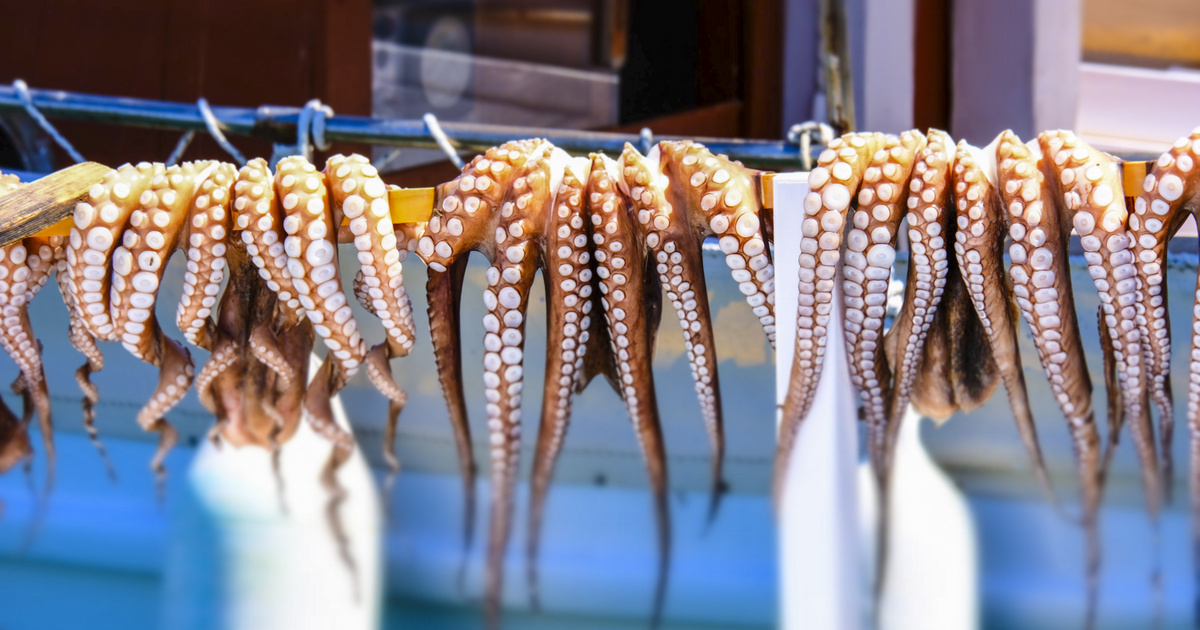The study, conducted by the London School of Economics, summarized the results of a total of about 300 different scientific studies. Accordingly, it was concluded that cephalopods (such as octopus and squid) and decapods (decpapods, that is, crustaceans of fresh water and lobsters) are also able to detect pain and suffering.
So the study authors asked people not to cook lobsters alive and cited the most appropriate procedures for transporting, stunting, and butchering them.
According to the report, the British government has included these animal species among those eligible for protection under the Animal Welfare Act currently under development. All this is modern in the sense that so far only vertebrate animal species have been included in the scope of the law.
Incidentally, the research examined the species on the basis of 8 different aspects (eg, presence of pain receptors, behavior and brain function). Octopuses in general have been found to be ‘very powerful’, and in crabs strong evidence of their ability to perceive pain. There was little evidence available for some species (squid, lobsters), but scientists say this is due to the fact that these animals haven’t received as much scientific attention so far as the other species in the study.
(via CNN)












































